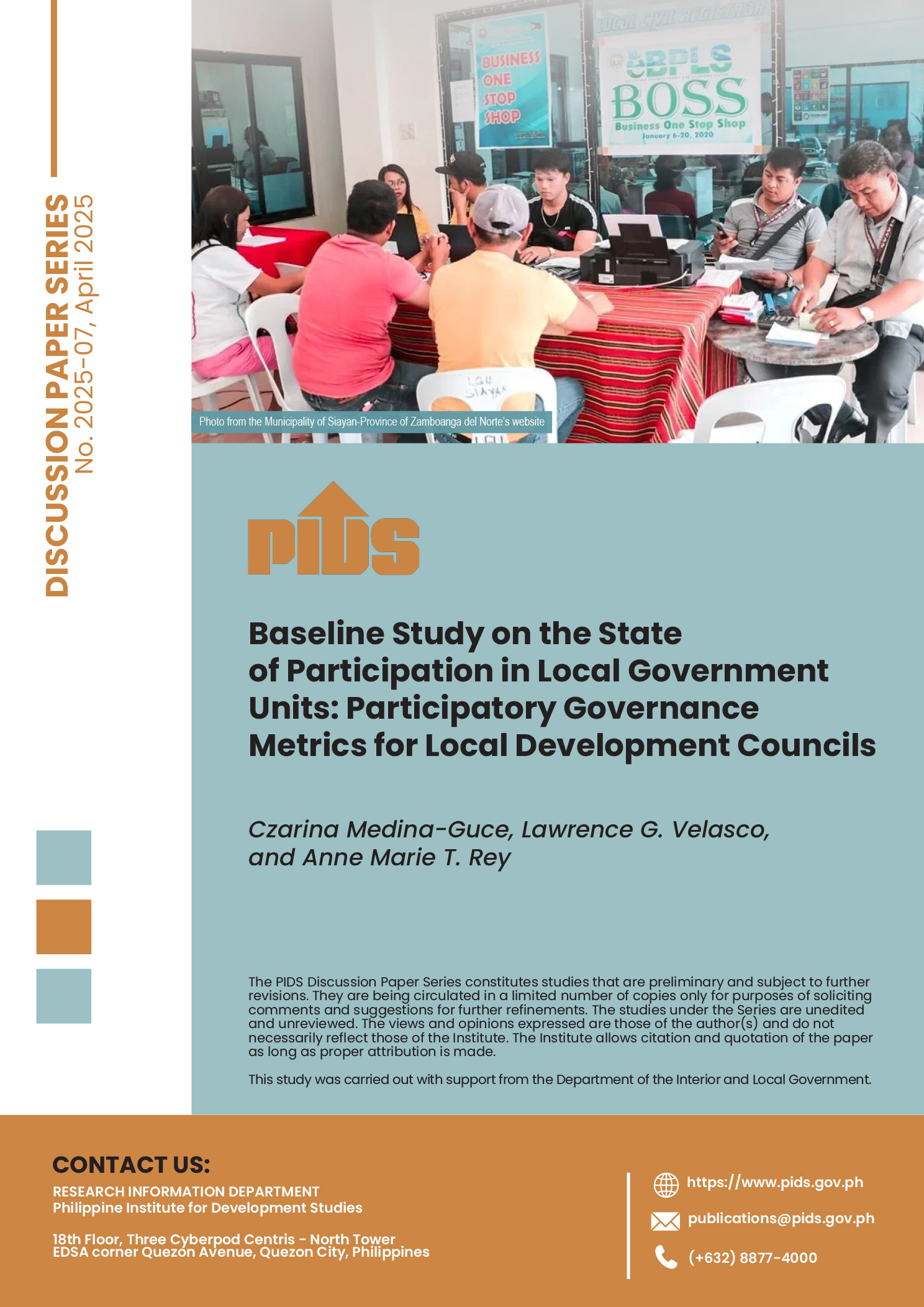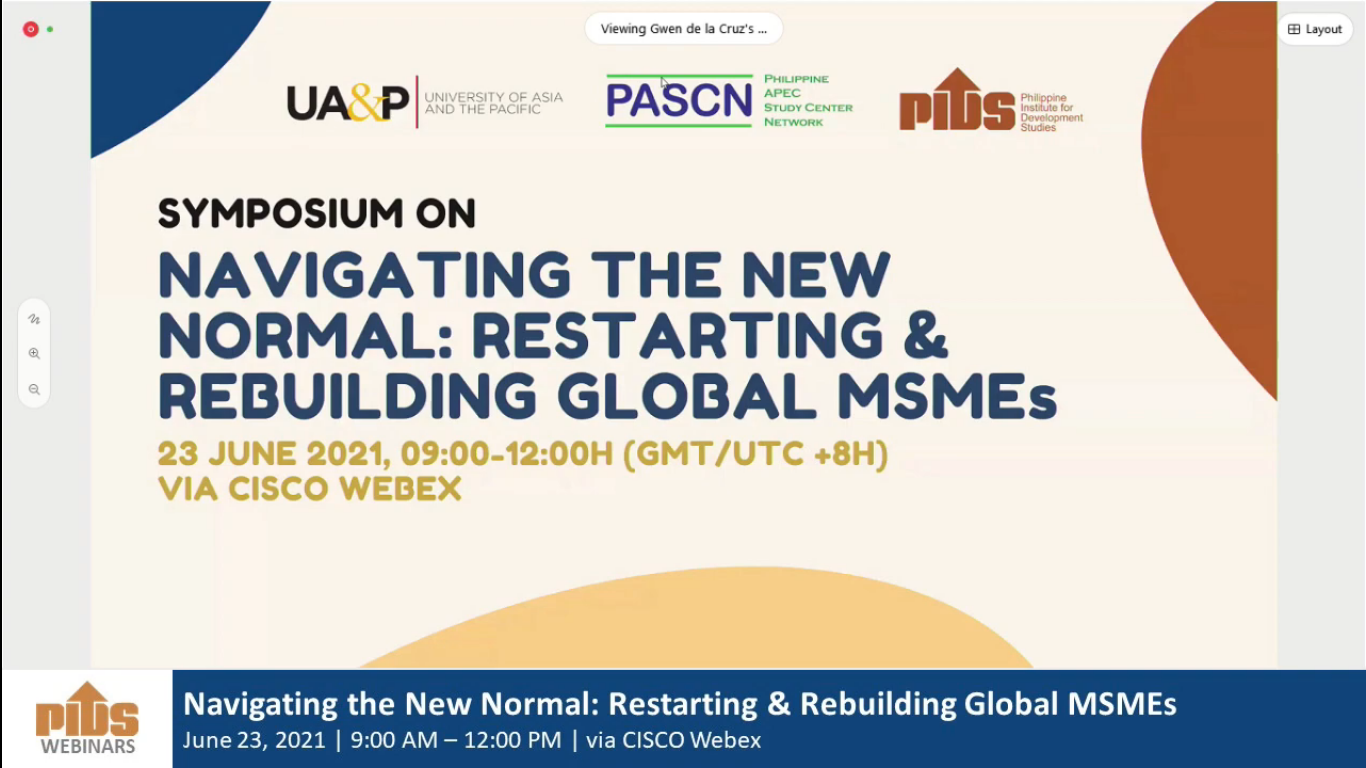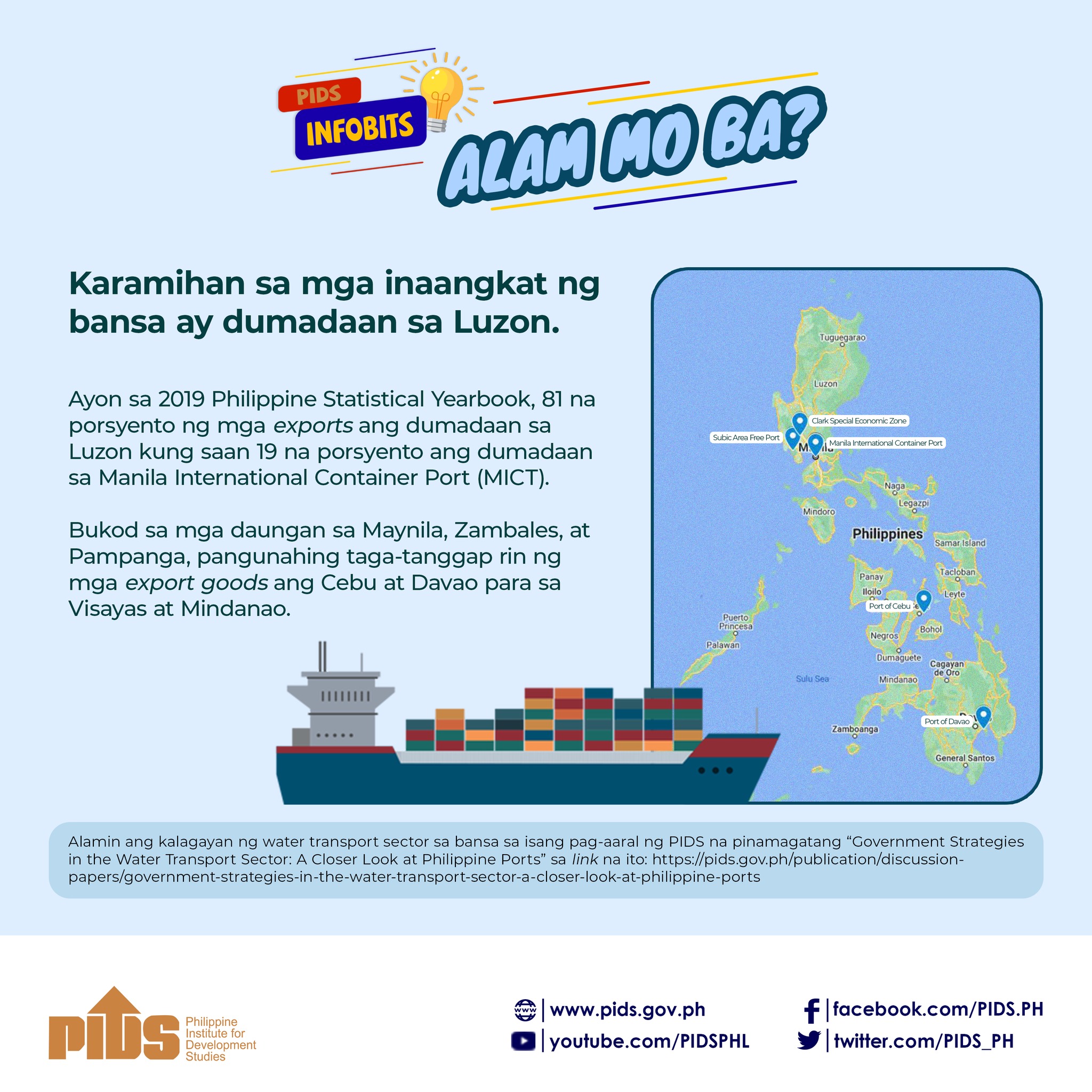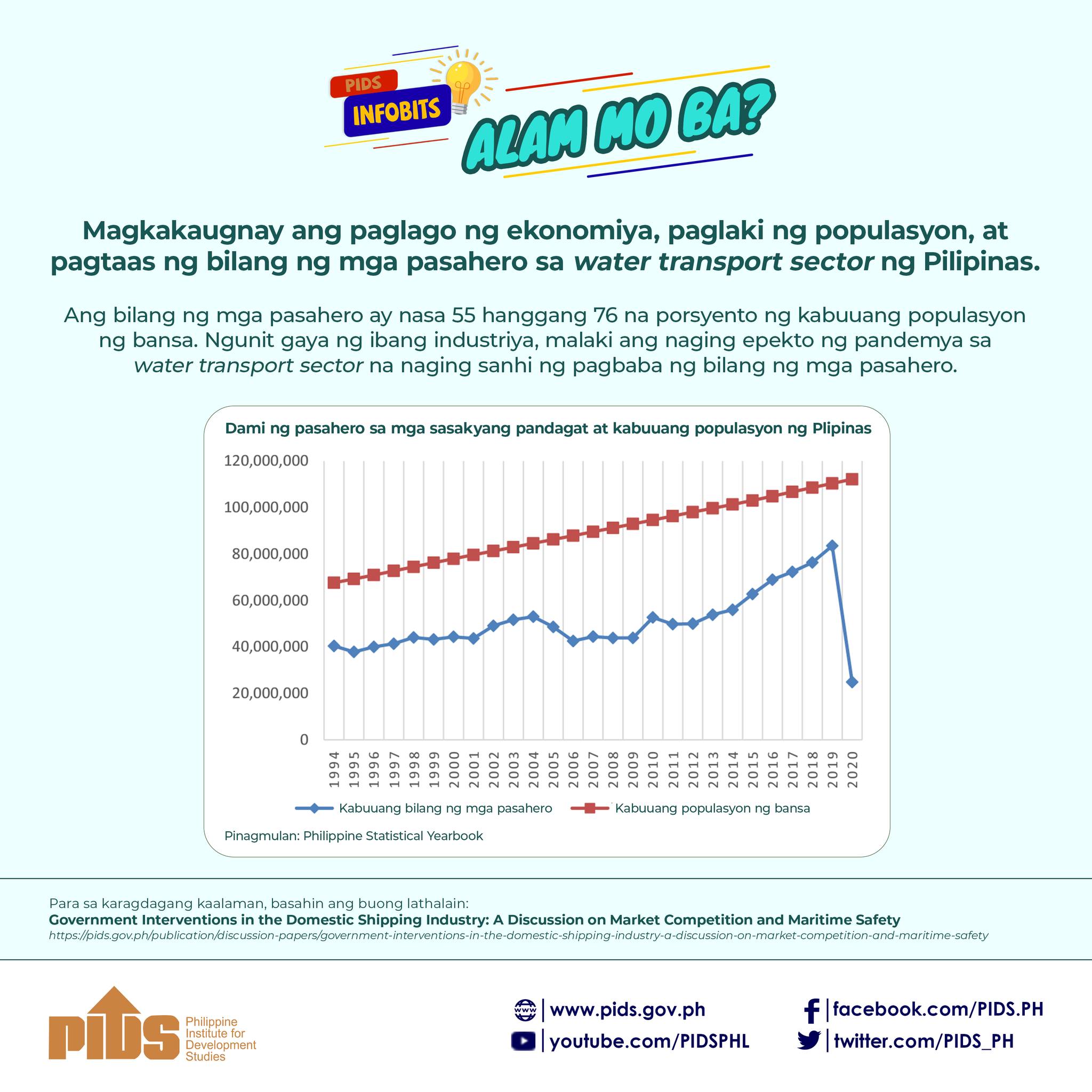In light of a looming water shortage, a study conducted by a team of researchers from the Philippine Institute for Development Studies (PIDS), UP System and De La Salle University (DLSU) has suggested that the government should adopt a water pricing policy that reflects the full economic cost of water production and distribution to encourage consumers to conserve and use water wisely.
Presented by Dr. Antonio P. Contreras, dean of the college of liberal arts at the DLSU and member of the study team, in a recent forum sponsored by the PIDS and the Congressional Planning and Budget Department at the House of Representatives in Quezon City, the study notes that water should be treated not only as a social good but more importantly as an economic good. In his presentation, Dr. Contreras explained that water should be regarded as a commodity that is assessed for its scarcity value and whose distribution exists in the context of market processes, even as it is balanced by the view that water is a basic need.
The studys recommendations confirm earlier findings and suggestions by PIDS economist, Dr. Cristina David, for one, and jibe with the policy statements made during the recently held National Water Forum.
Currently, water charges in Metro Manila do not include the cost of raw water coming from the dams in Angat, Ipo and La Mesa. Water charges cover only the basic charge (actual consumption), environmental charge, maintenance, currency adjustments, sewerage (in some areas) and the value-added tax.
Presented by Dr. Antonio P. Contreras, dean of the college of liberal arts at the DLSU and member of the study team, in a recent forum sponsored by the PIDS and the Congressional Planning and Budget Department at the House of Representatives in Quezon City, the study notes that water should be treated not only as a social good but more importantly as an economic good. In his presentation, Dr. Contreras explained that water should be regarded as a commodity that is assessed for its scarcity value and whose distribution exists in the context of market processes, even as it is balanced by the view that water is a basic need.
The studys recommendations confirm earlier findings and suggestions by PIDS economist, Dr. Cristina David, for one, and jibe with the policy statements made during the recently held National Water Forum.
Currently, water charges in Metro Manila do not include the cost of raw water coming from the dams in Angat, Ipo and La Mesa. Water charges cover only the basic charge (actual consumption), environmental charge, maintenance, currency adjustments, sewerage (in some areas) and the value-added tax.












